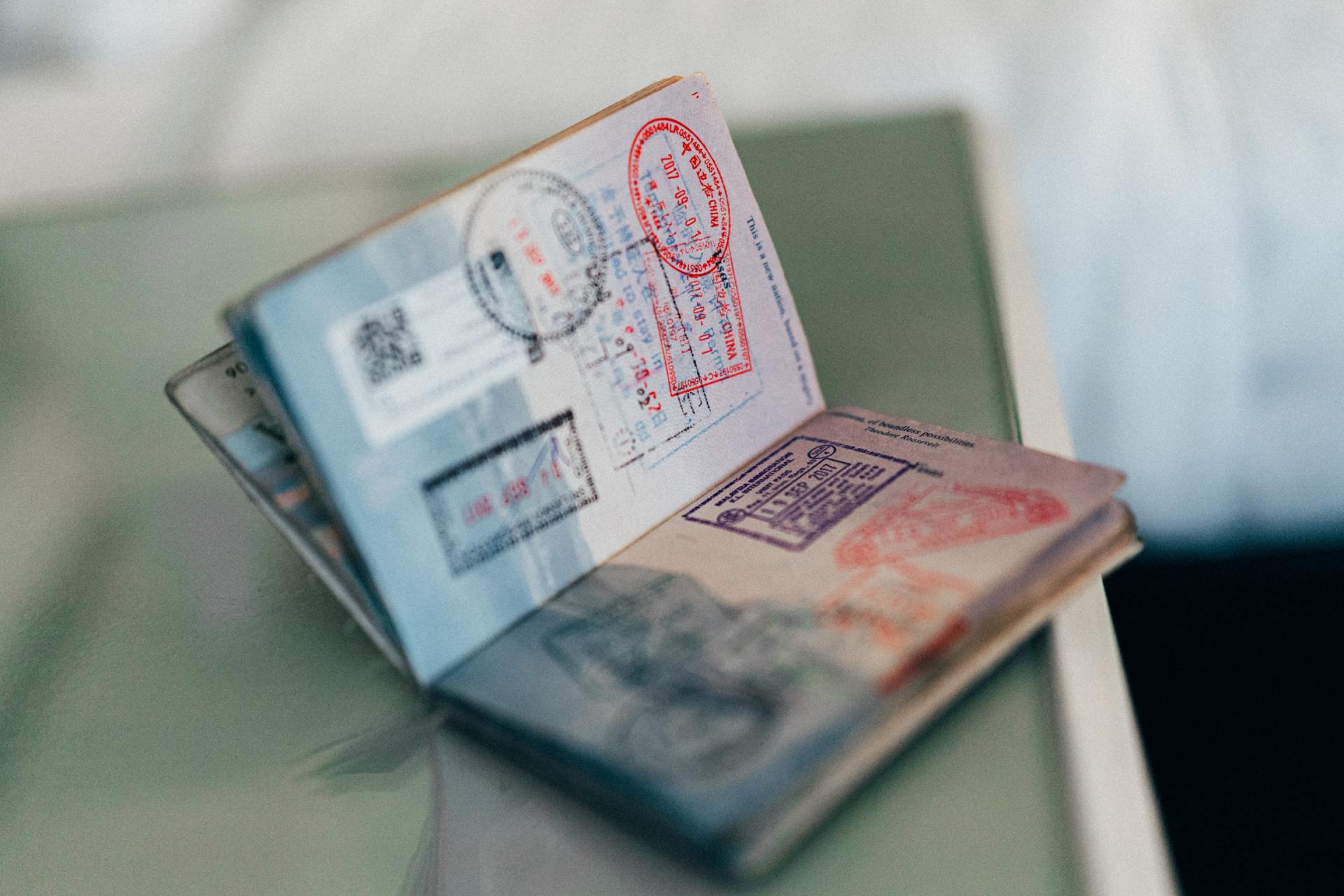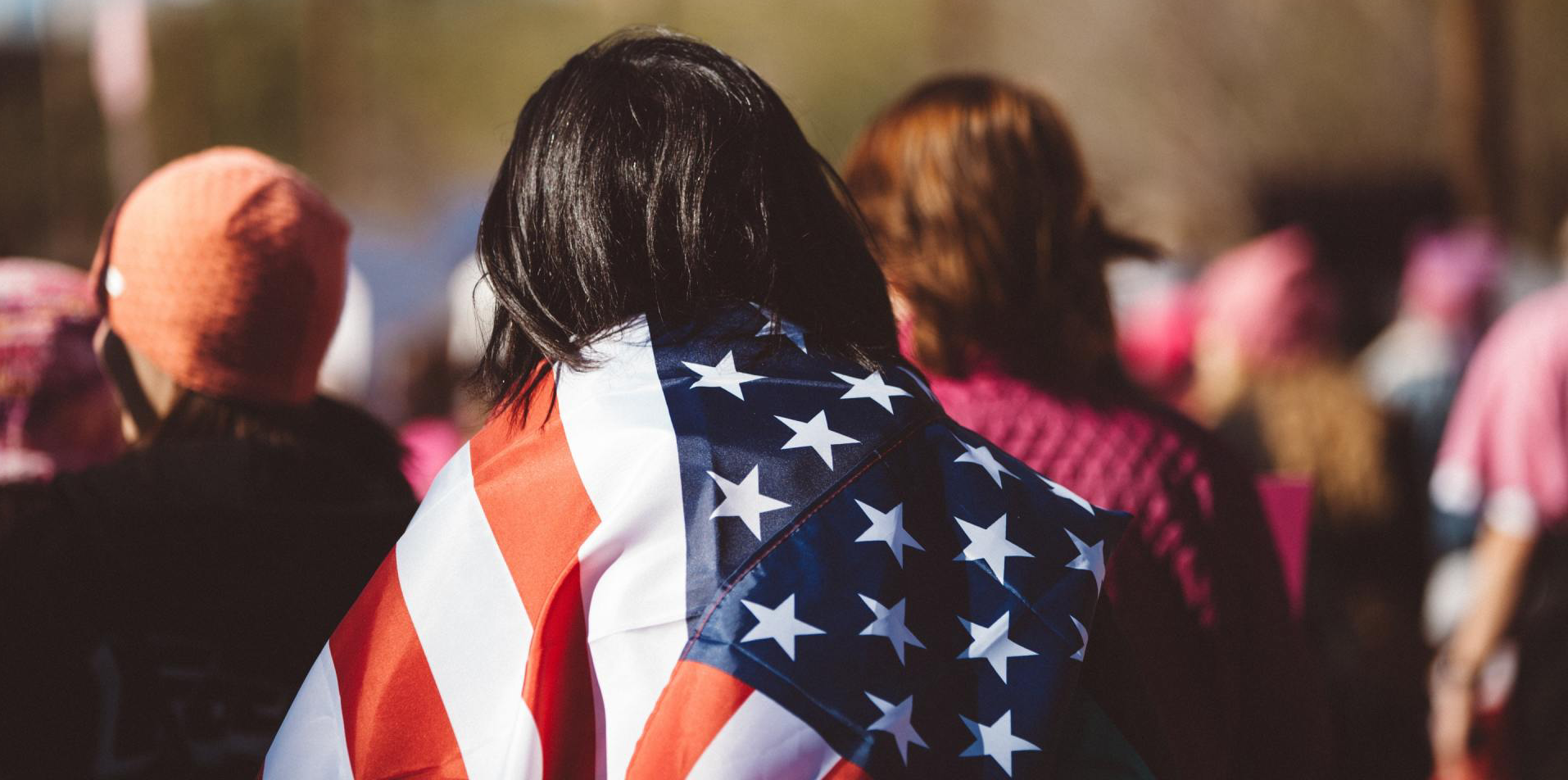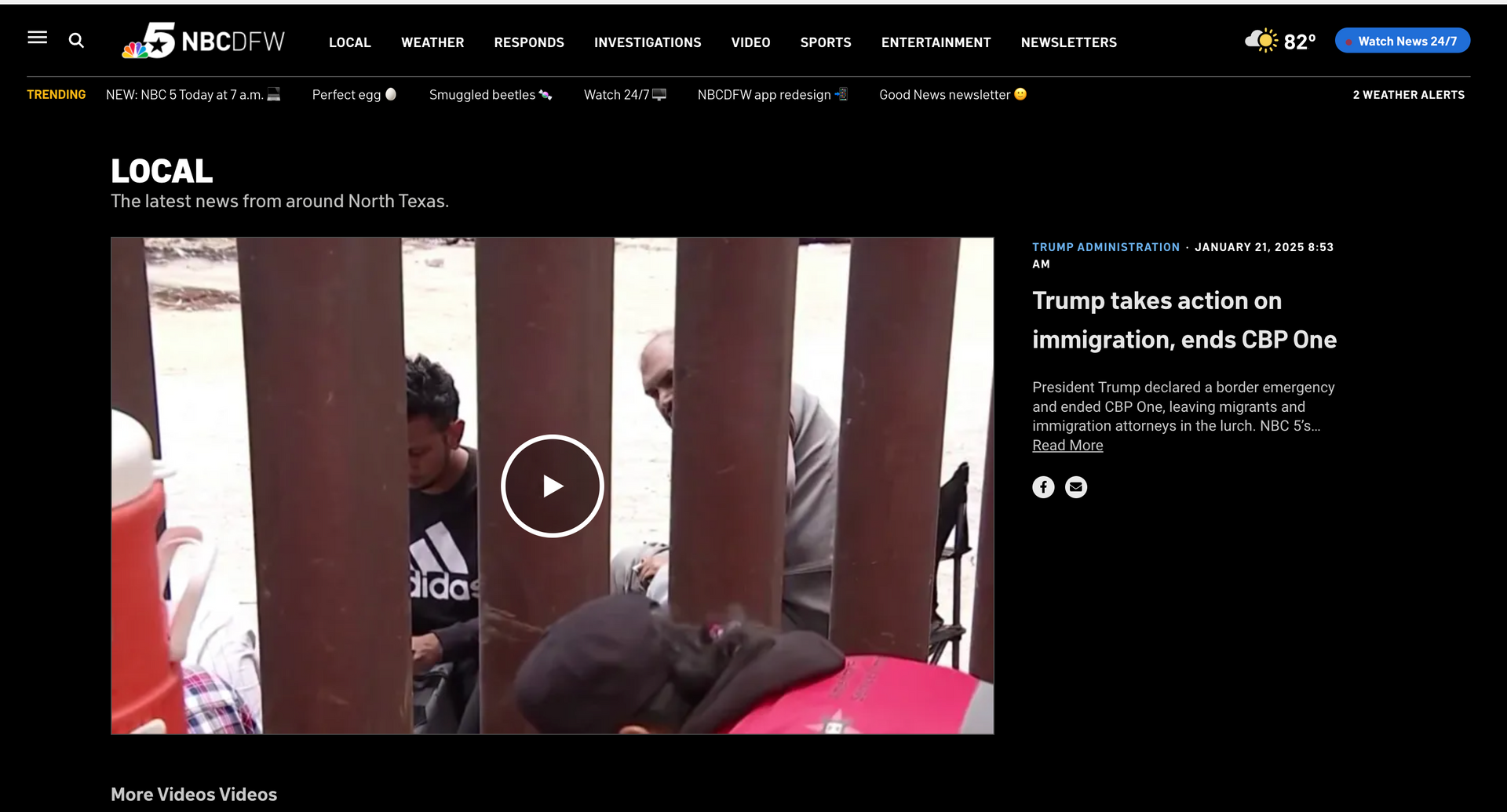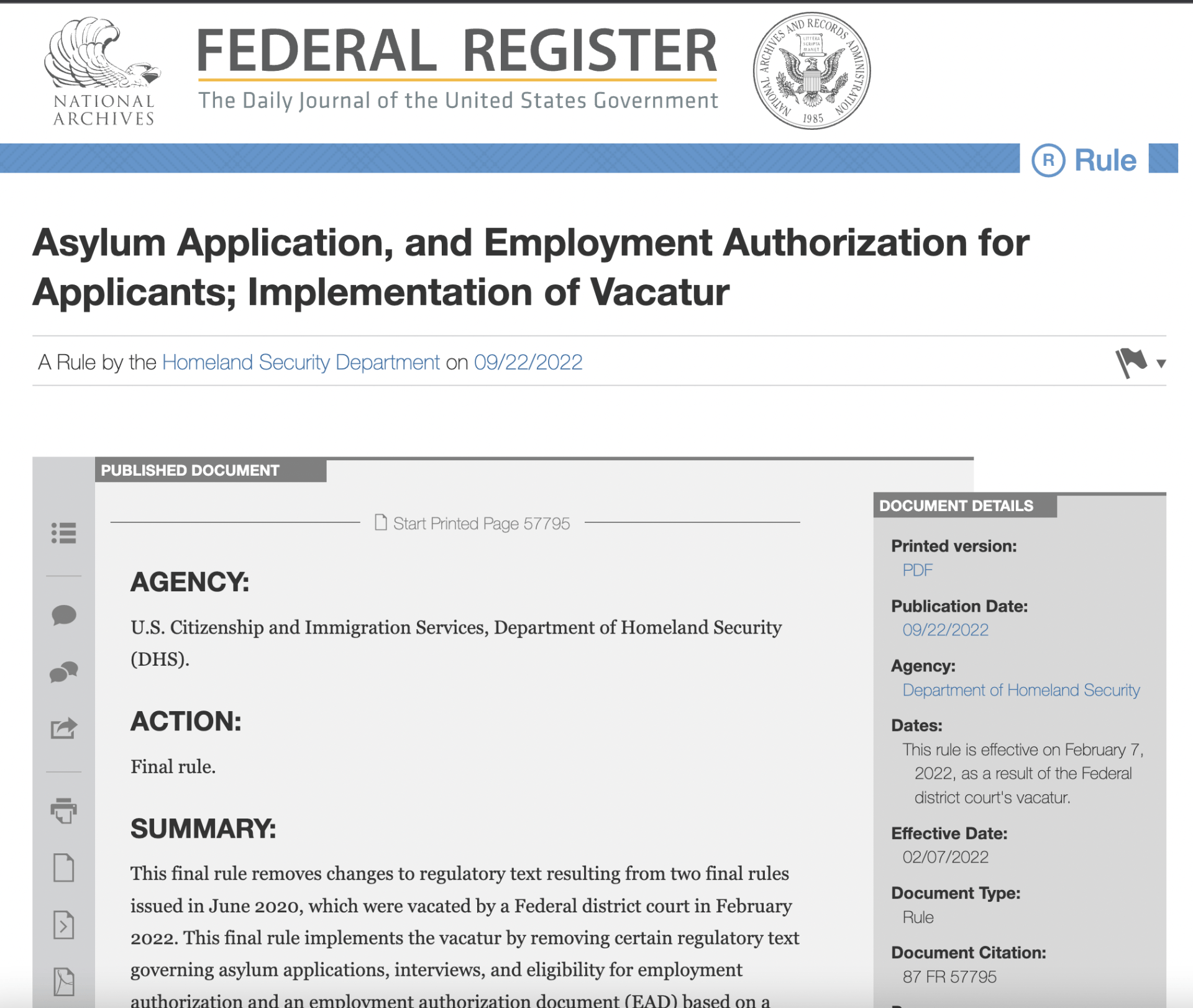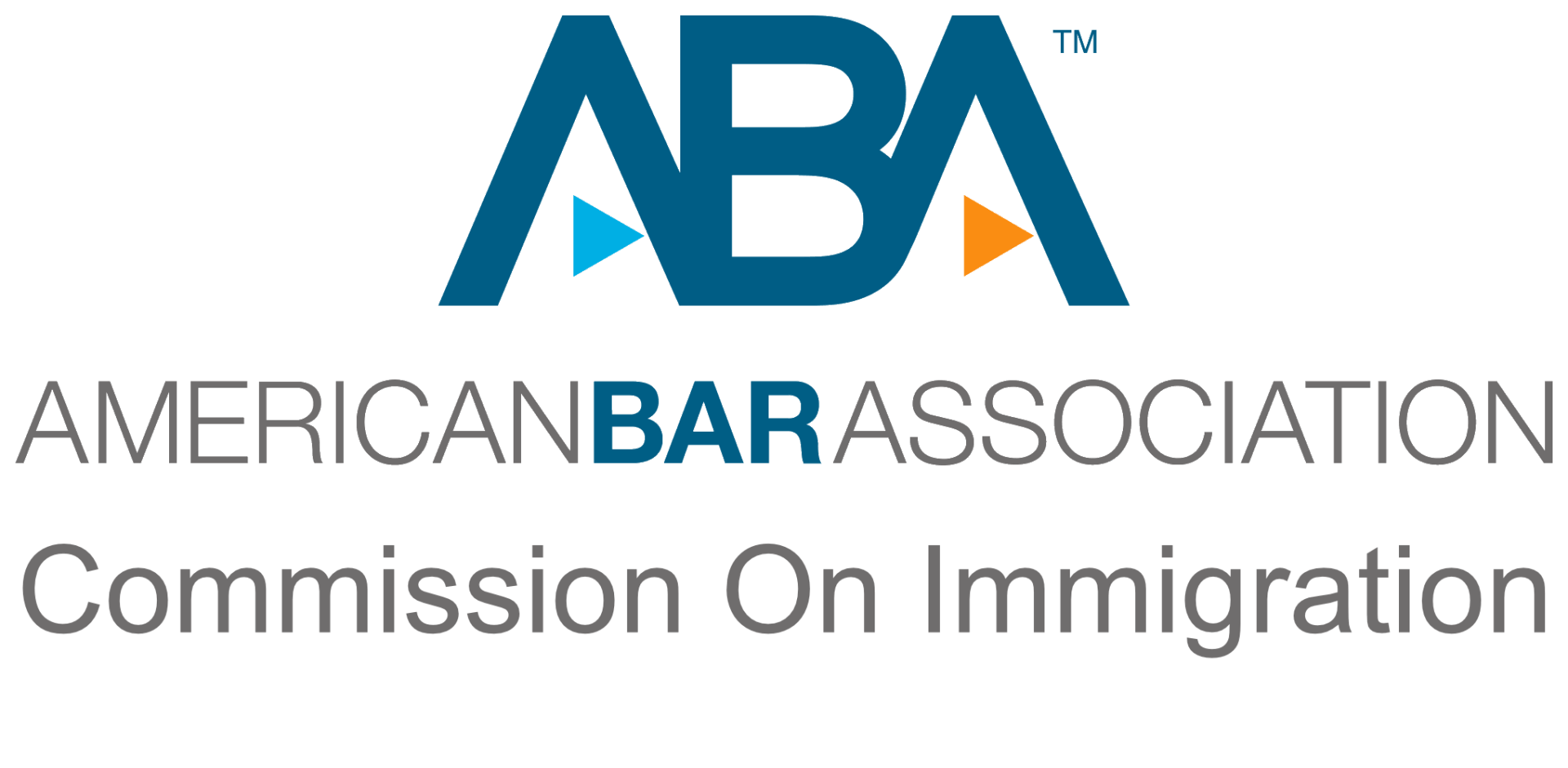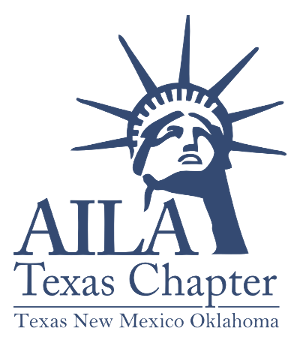On the Recent Changes to Public Charge Policy
George Rodriguez • March 10, 2020
Recent Changes in US Public Charge Policy
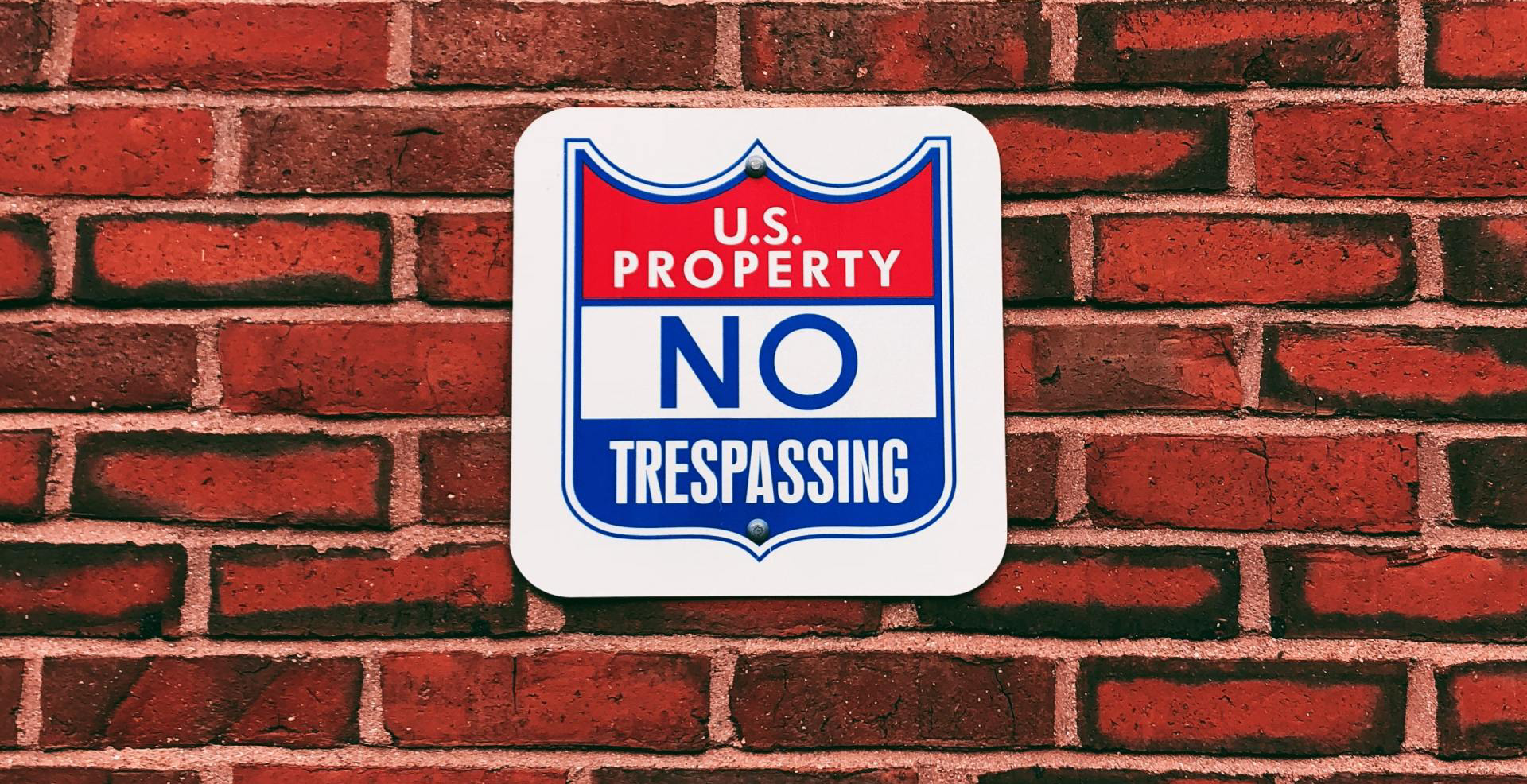
The recent rule changes concerning “public charge” rules in US immigration have gone into effect as of February 24th, 2020. Now that these changes have taken hold it is crucial to understand who can be affected and which government assistance programs are now being considered as part of being a public charge. Those who will be affected by the rule changes are people pursuing lawful permanent resident status otherwise known as a “green card” and anyone attempting to immigrate to the United States. All immigrant and non-immigrant petitions submitted to US Citizenship and Immigration Services (USCIS) after 2/24/2020 are subject to the new rule changes.
Are you at risk under the public charge rule?
USCIS defines a public charge as someone who is more likely than not to receive public benefits for 12 months in a period of 36 months. It is important to understand which programs are being now considered under the public charge characterization as those deemed a public charge are immediately denied immigration status, access to a green card, and more. These following programs will be used to exclude immigration under public charge (changes to policy
are listed in bold):
•Supplemental Security Income (SSI)
•Temporary Assistance to Needy Families (TANF)
•State General Cash Assistance Programs
•Medicaid Covering Institutionalized Long Term Care
•Non-Emergency Medicaid
•Supplemental Nutrition & Assistance Program (SNAP)
•Section 8 Housing Voucher Program & Project Based Rental Assistance
•Public Housing
However, not all government assistance programs are affected by the rule change. The current programs not affected and can still be used by those seeking legal immigration status are:
•Emergency Medicaid (including vaccines)
•Children’s Health Insurance Program (CHIP)
•National School Lunch Program (NSLP)
•Head Start and Public Schools
•Foster Care and Adoption
•Earned Income Tax Credit (EITC)
•Disaster Relief
•Special Supplemental Nutrition Program for Women, Infants and Children (WIC)
•Benefits mentioned above if they are received by US Citizen Children
In the application process USCIS will assign weight—negative and positive, as well as heavily negative and heavily positive—to five determining factors to determine whether the applicant passes the public charge test.
1. Age: Applicants younger than 18 or older than 61 will have to demonstrate why their age will not affect their ability to work. Full-time students who do not work will be viewed as heavily negative.
2. Health: Applicants with long term medical needs must show whether their condition affects their ability to work or care for themselves. Having private health insurance (not ACA) is viewed as highly positive.
3. Family status: Household size will include dependents and persons providing the applicant with more than 50% of financial support.
4. Assets, Resources, & Financial Status: The annual income of the applicant must be at least 125% of the federal poverty guideline (FPG) or household income of the sponsor must be over 250%. Applicants gainfully employed and authorized to work are viewed as heavily positive.
5. Education & Skills: DHS will consider the education level of each applicant, occupational skills, English proficiency, and status as a caregiver.
Not all government assistance programs will affect an applicant, and applicants specifically do not need to worry if they take advantage of WIC, NSLP, EIC, or CHIP programs. These programs are exempt from the public charge definition and should be utilized when needed.
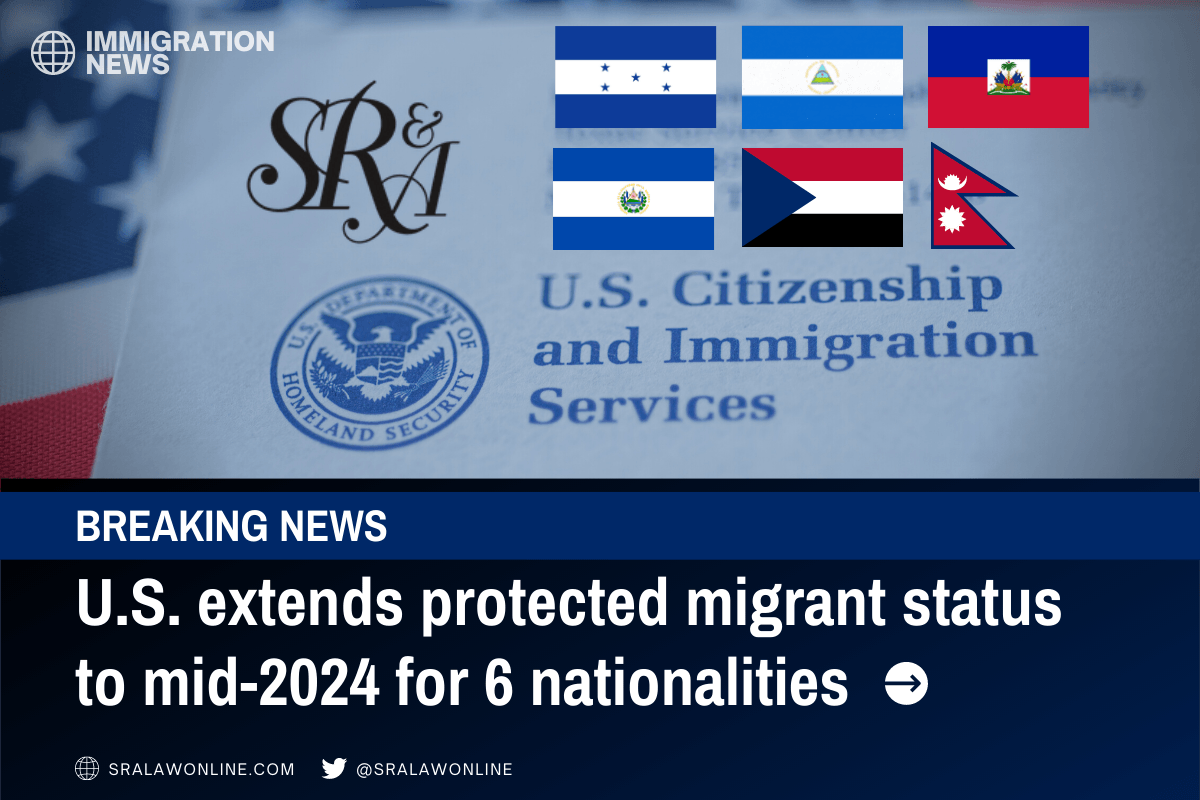
The United States has extended a protected status program that prevents migrants from being deported to mid-2024 for citizens of six countries, including Haiti and three Central American nations, its immigration service said on Thursday.
The Temporary Protected Status (TPS) will be extended to June 30, 2024, for citizens of Haiti, El Salvador, Nicaragua, Sudan, Honduras, and Nepal, according to a document filed by the U.S. Citizenship and Immigration Services.




